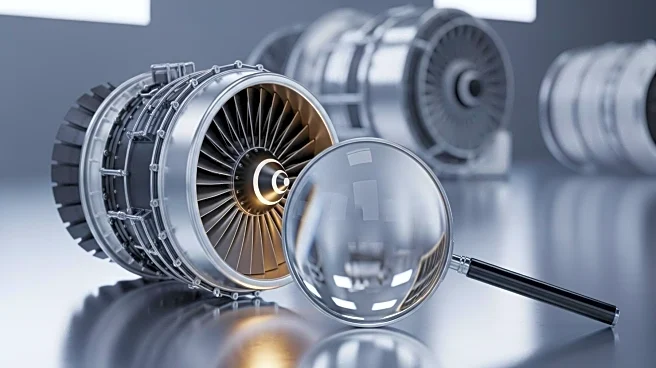What's Happening?
In 2025, Safran, a leading French aerospace and defense company, undertook a strategic realignment of its business portfolio through acquisitions and divestitures. The company acquired Collins Aerospace's flight control and actuation business for $1.8 billion, while divesting its North American electromechanical actuation operations to Woodward Inc. for $65 million. Additionally, Safran is exploring the sale of its aircraft interiors assets, valued at approximately €1.5 billion. These moves are part of Safran's strategy to focus on high-margin, high-growth aerospace technologies, particularly in electrification and flight control systems.
Why It's Important?
Safran's strategic decisions reflect a broader industry trend of focusing on core competencies and high-value segments. By divesting lower-margin assets like aircraft interiors, Safran aims to reallocate capital towards more profitable areas such as flight control systems, which are crucial for next-generation aircraft. This strategy is expected to enhance Safran's competitive position in the aerospace sector, particularly as the industry shifts towards electrified propulsion and autonomous systems. The acquisition of Collins Aerospace's business is anticipated to generate significant cost synergies and strengthen Safran's market leadership.
Beyond the Headlines
The divestiture of aircraft interiors, while reducing immediate cash flow stability, aligns with Safran's long-term vision of capitalizing on the growing demand for advanced aerospace technologies. The move also addresses regulatory requirements, as seen in the European Commission's approval of the Collins Aerospace acquisition, which necessitated the divestiture of certain operations. For investors, Safran's strategy presents an opportunity for long-term value creation, although it also introduces risks related to integration challenges and market volatility.










